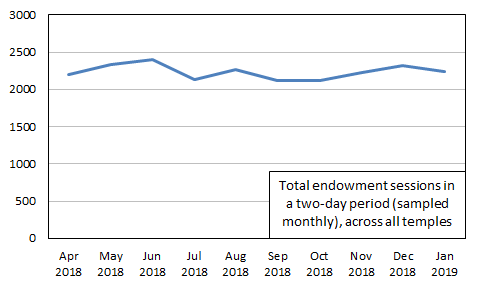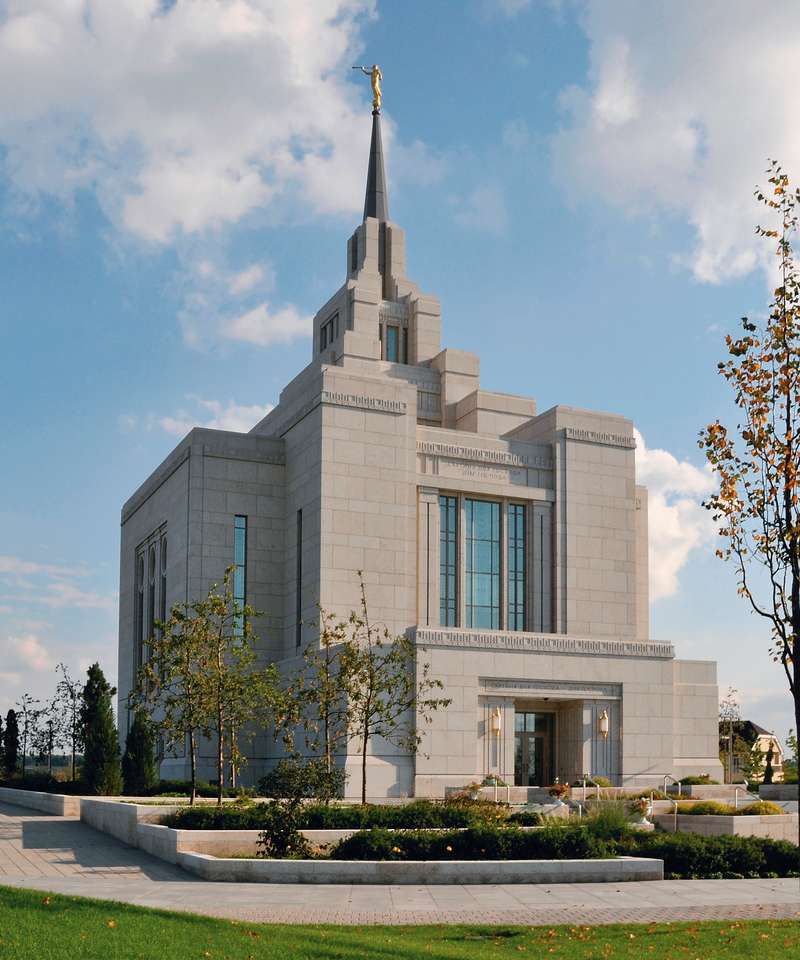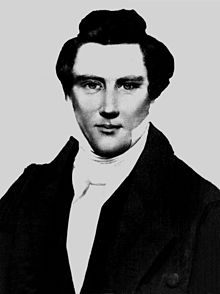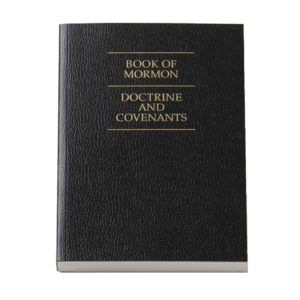I have an 18-year-old son who recently started his mission. He’s not going anywhere, though; he’s doing a service mission. He lives at home, and he works every weekday (and occasional Saturdays) at a nearby bishop’s storehouse and a community food bank. Between the two, he does lots of physically moving stuff around to organize it and to fill people’s orders, and he also gets to do things that he finds far more entertaining, like fiddle with the record-keeping and reporting processes at the storehouse to try to make them more efficient.
My son decided near his eighteenth birthday that serving a two-year proselytizing mission would be too anxiety-provoking for him. He still wanted to serve a mission, though, so he approac hed our bishop and told him he wanted to do just one year and do a service mission. Happily, our bishop was on board, and he’s been very supportive through the whole process. The process of getting my son officially called was long and drawn out because the way the Church was handling service missions was in the middle of a major change when my son went to the bishop. So it took a while, but he’s finally official and doing his work. He seems to be enjoying it.
hed our bishop and told him he wanted to do just one year and do a service mission. Happily, our bishop was on board, and he’s been very supportive through the whole process. The process of getting my son officially called was long and drawn out because the way the Church was handling service missions was in the middle of a major change when my son went to the bishop. So it took a while, but he’s finally official and doing his work. He seems to be enjoying it.
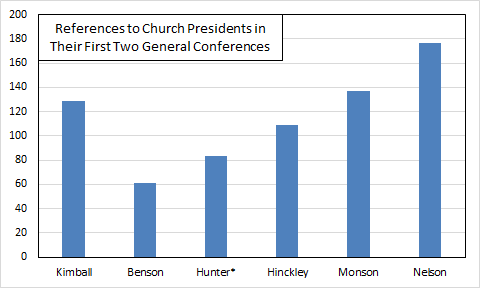
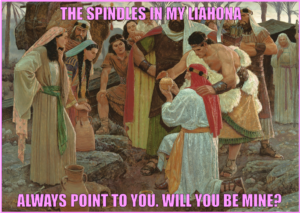

 . . . . The moment [the ward librarian’s] back was turned some breezy teacher would waltz in to make a few copies, ignoring the “library demons only” sign on the scriptorium and wouldn’t you know it, the parchment would get stuck or start unravelling uncontrollably. Oh look, there it goes again. “This is so typical,” she thought as she heaved a giant tome of “church illustrations volume 7” onto the checkout desk. “At least I get to miss Sunday school and talk with my friend.” Despite its drawbacks, the Ward Librarian was a plum job even back then.
. . . . The moment [the ward librarian’s] back was turned some breezy teacher would waltz in to make a few copies, ignoring the “library demons only” sign on the scriptorium and wouldn’t you know it, the parchment would get stuck or start unravelling uncontrollably. Oh look, there it goes again. “This is so typical,” she thought as she heaved a giant tome of “church illustrations volume 7” onto the checkout desk. “At least I get to miss Sunday school and talk with my friend.” Despite its drawbacks, the Ward Librarian was a plum job even back then.